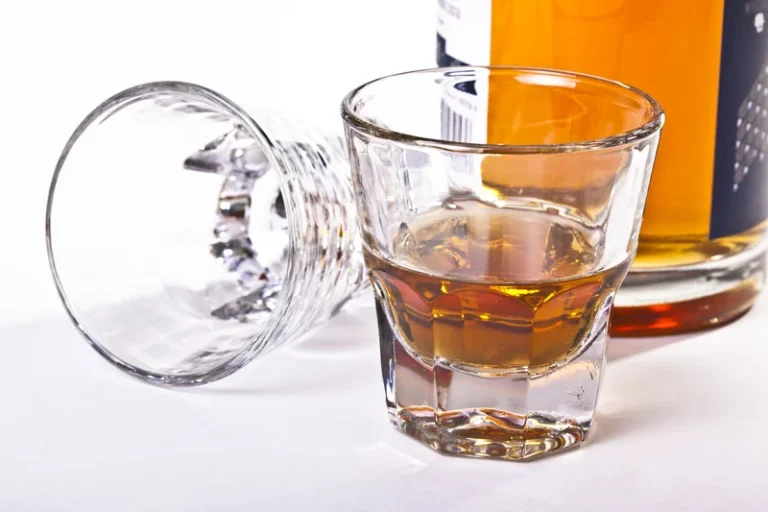
If you experience these types of symptoms without the extreme severity, it’s like that you’re dealing with alcohol intolerance, or alcohol flush reaction. Alcohol flushing happens when an individual has an ineffective liver enzyme. Normally this enzyme helps metabolise alcohol until it’s completely eliminated from the body. However, in those with this liver enzyme deficiency (sometimes referred to as an ALDH2 deficiency) a toxic byproduct begins to build up in their system.
How long do alcohol night sweats last?
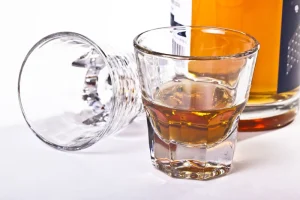
While some side effects are common, you may want to talk to your doctor if they become severe or happen frequently. As people who flush red when they drink know, alcohol increases blood flow to the skin (called ‘vasodilation’). “This increases skin temperature and makes you feel warm,” says Professor of human and applied physiology Michael Tipton.
Podcasts: Meaningful Medicine with Novant Health
- It’s a common experience many of us have when alcohol hits our system.
- This combined with much more heat being produced by your liver really makes you heat up in the night.
- A lot of people may have grown up with the advice that either not bundling up properly or walking out the door with wet hair can cause a cold.
- Whatever you decide to do, make sure to drink in moderation and be mindful of the signs your body shows you.
This, in combination with the general anxiety of living through a global epidemic, led many to turn to alcohol to cope. A lot of people may have grown up with the advice that either not bundling up properly or walking out the door with wet hair can cause a cold. One in 10 people admitted to an NHS hospital are addicted to alcohol, new research finds.
- “If you get wet, you’ll lose heat 25 times faster,” Dr. Waters warns.
- This symptom of withdrawal, along with most others, is temporary.
- The dangers of drinking alcohol in the cold may not be obvious to you.
- A study of hypothermia and alcohol poisoning in adolescents found that in winter 26.6% of the intoxicated subjects experienced mild hypothermia.
- If you drink every day, or almost every day, you might notice that you catch colds, flu or other illnesses more frequently than people who don’t drink.
- For most of us the chances of developing hypothermia are slim as long as we drink sensibly and avoid alcohol-induced bad decisions like going out in freezing weather.
- Whether it’s for social get-togethers, seasonal events or house parties, there’s usually some form of alcohol involved.
Does Alcohol Withdrawal Cause Night Sweats?
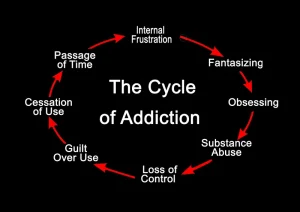
American Addiction Centers (AAC) is committed to delivering original, truthful, accurate, unbiased, and medically current information. We strive to create content that is clear, concise, and easy to understand. Get the world’s most fascinating discoveries delivered straight to your inbox. Alternatively, there may be alcohol support services in your local area that you can access without a medical referral.
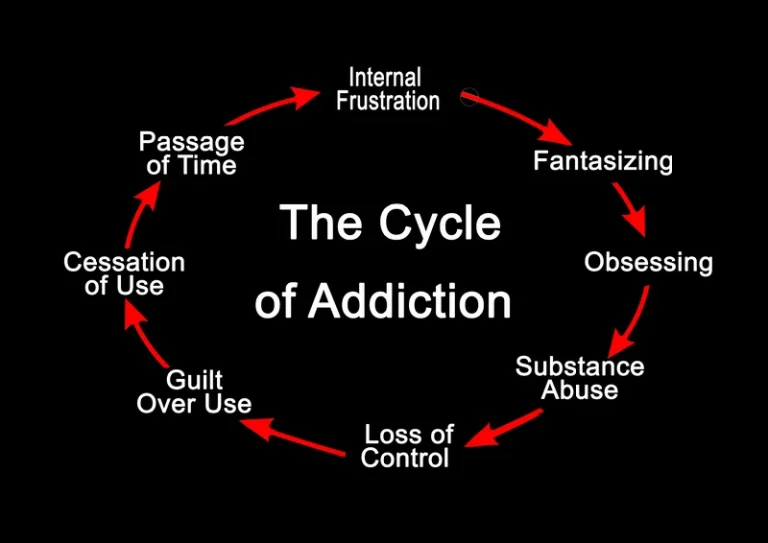
It might feel like you’re staying hydrated because they go down smoother than drinking spirits on the rocks, but the alcohol is still dehydrating you. Now, add in increased sweating from the hot sun, and it’s a recipe for dehydration disaster. According to Brown University, up to 50 percent of adults of Asian descent have difficulty metabolizing alcohol, due to inactivity of one of the enzymes needed by the liver to process alcohol.
- This is the best solution to preventing your body from overheating as you drink alcohol.
- In some cases, you may even experience excessive sweating or hot flashes.
- There are over the counter supplements that can help process acetaldehyde faster to avoid these side effects however.
- She suggests keeping a reusable water bottle handy so you can grab sips between beers or margaritas and refill it as the day goes on.
- If you drink more than that, your body will struggle to get rid of these toxins fast enough, including acetaldehyde.
- This system makes and secretes hormones that can contribute to these symptoms.
- Also, there’s evidence that hot liquids such as soups and teas could thin mucus and soothe a sore throat.
- If you only have one drink in an hour, your body can break down that alcohol amount easily enough.
- Alcohol intolerance is a genetic disorder where the body does not have enough of the enzyme activity necessary to break down alcohol.
They can discuss your problem with you and arrange appropriate treatment. In reality, there’s no evidence that drinking beer (or your alcoholic beverages of choice) actually contributes to belly fat. When drinking in any kind of extreme weather, you should be cautious why does alcohol make you hot and aware of all the risks involved. Be sure to stay safe, pace yourself and keep yourself warm and hydrated. Or just save your next drink for when you’re safe and toasty indoors. This is particularly dangerous if you have heart problems, as it can lead to increased heart rate, risk of arrhythmias and the masking of other cardiovascular symptoms.
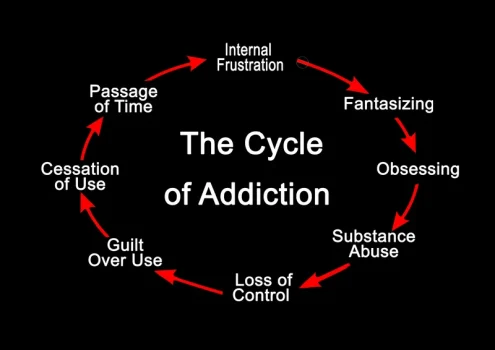
Alcohol and Profuse Sweating
There are a few reasons why you might get sweaty when drinking alcohol, and many of these reasons are interdependent. As always, it’s also important to drink in moderation and avoid binge drinking, which could make the health risks even more likely. In other words, sweating while drinking can actually be somewhat dangerous in winter. Even if you feel hot, always bundle up when you go outside, and avoid trying to warm up by drinking. But if you’re drinking what’s considered an “alcoholic drink equivalent,” there’s not much of a difference because your alcohol intake is the same.
Impacts brain
The Drinkaware Trust provides a handy drink units calculator allowing you to track your units easily. The warm and toasty feeling after drinking alcohol can be accompanied with sweating. This is another mechanism of thermoregulation that under regular circumstances is used by the body to lower its temperature through evaporation.